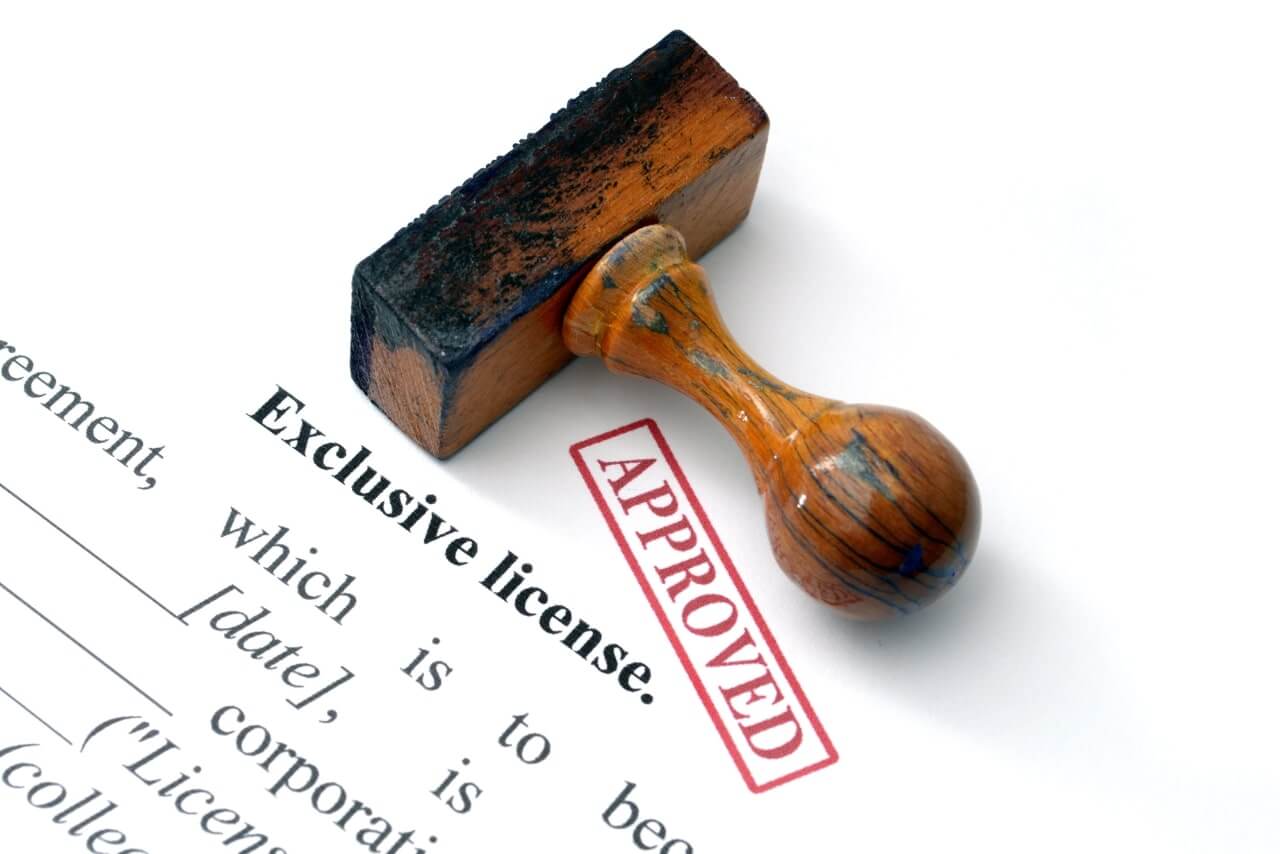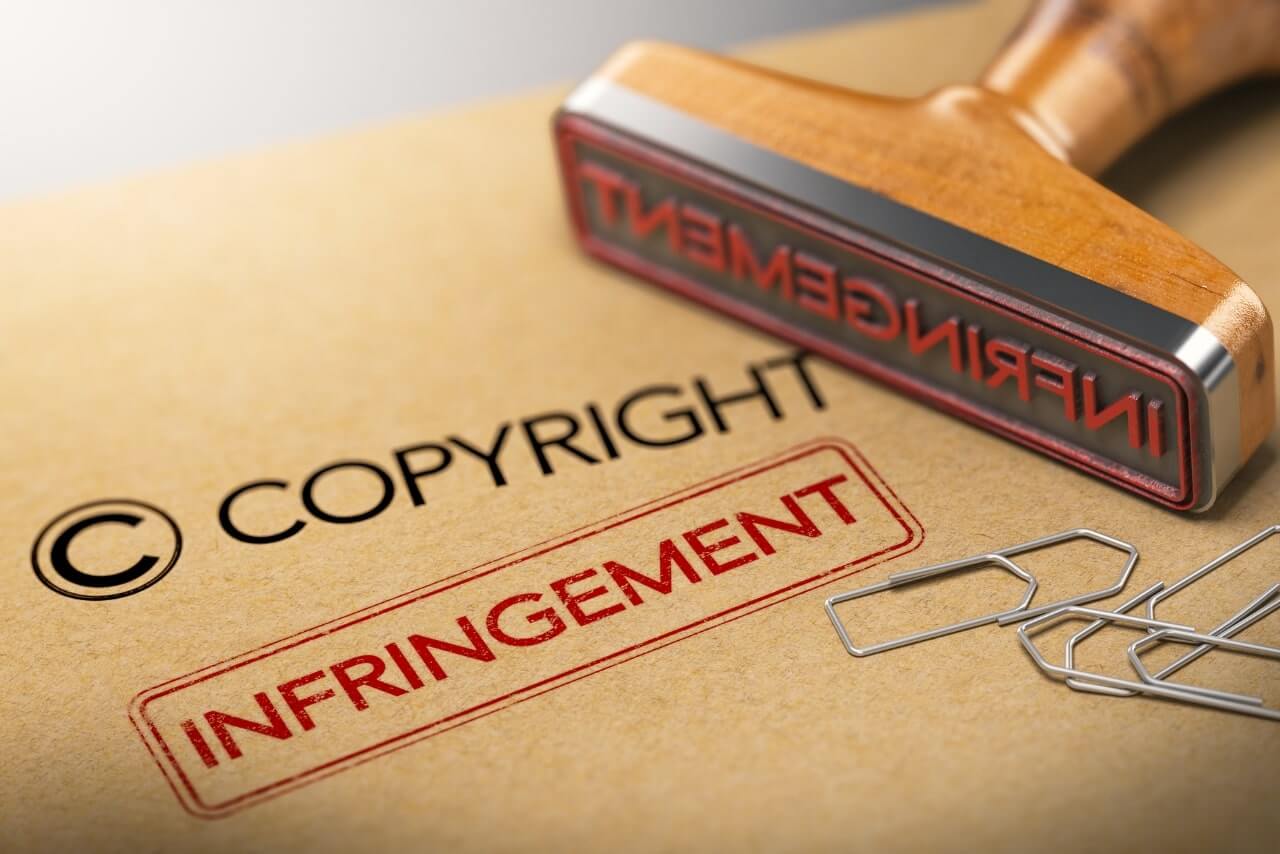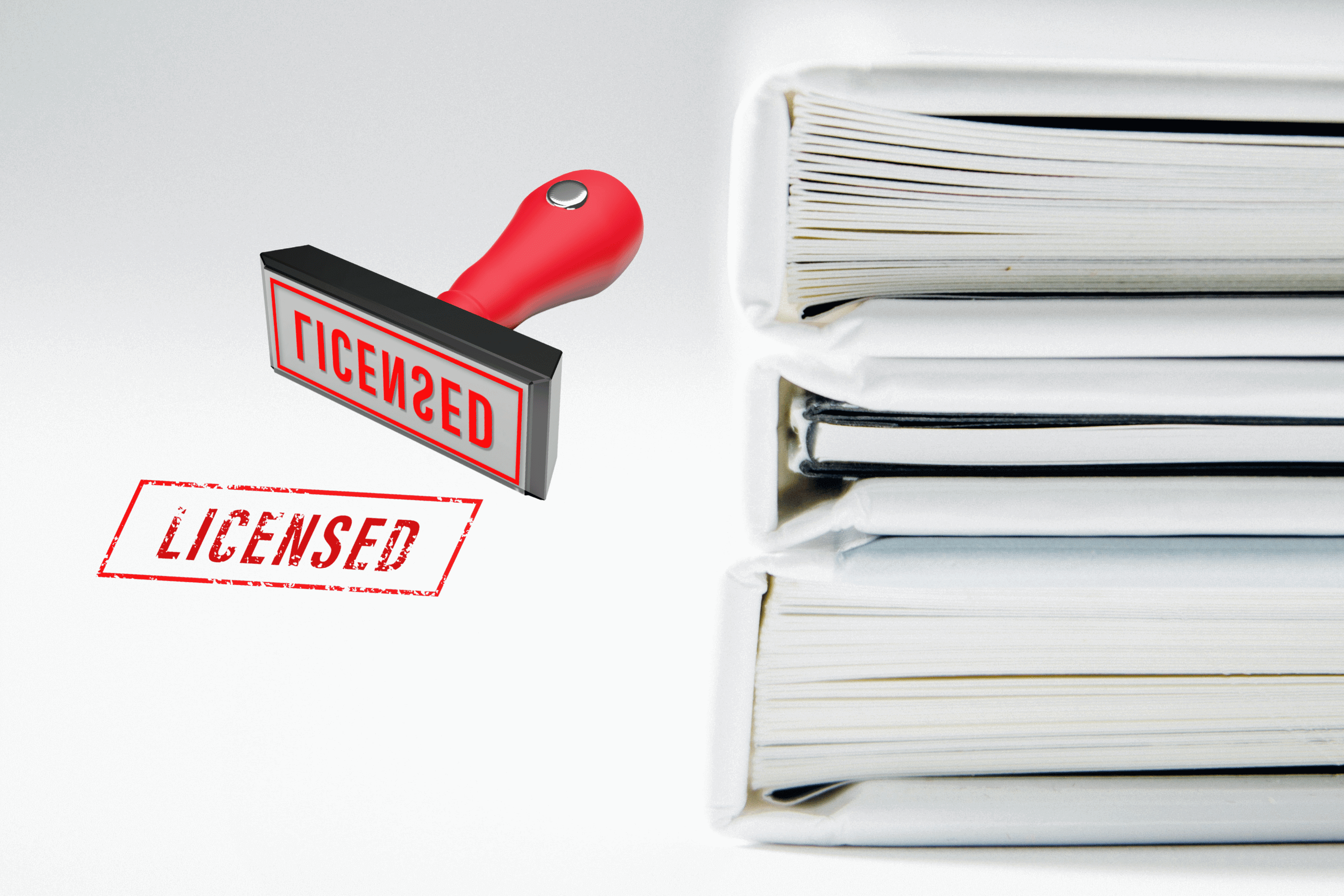Your intellectual property and other intangible assets (IP) are the DNA of your company – they are what makes it unique and give it a competitive advantage over rivals. They are – or soon will be – the key drivers of your turnover and profits.
Bur are there ways you can make your IP work harder or smarter to generate even more revenue?
That’s where IP licensing comes in. If you have valuable patents, trade marks and even copyright materials, you could bring in extra income by licensing them.
IP licensing can take a number of forms, depending on what you own, where you have registered rights to it, and what your future business strategy is.
IP Identification and Valuation
However, before you look at any of these options for IP monetisation, it’s essential that you know what IP assets you own and how much they might be worth.
Valuing intellectual property can be highly complex and time consuming, as it requires assessing factors such as market demand, competitive landscape, and future earning potential. Furthermore, hiring an experienced IP valuation firm can be expensive.
That’s why Inngot has spent the last 10 years designing and refining its online IP identification and valuation tools – to deliver a fast and cost-effective solution for SMEs and growth companies. Our platform can provide you with an accurate assessment of your IP’s potential value, which you can then use to support discussions with lenders and potential investors, or with potential licensees or partners.

How IP licensing works – patents
If you have a valuable patent which is core to the products you sell in your home country, you obviously won’t want to licence it to your rivals. But you could licence it for use in other countries – assuming, that is, that your patent covers those countries, and you don’t have immediate plans to set up your own operations there.
Often, a company will be focused on one country, and doesn’t have the resources to move into other territories, at least in its early stages of growth. Registering patents in multiple countries can be an expensive process, even with developments in regional and international patent registries which cover multiple countries with one application.
An overseas company in the same business sector as you might pay handsomely for the exclusive rights to use or manufacture your patented technology in their home country, or their wider region, if your patent is enforceable there.
Or let’s assume you have valuable technology which you are using in one business sector in your home country, but which could also be used by companies in completely different business sectors in that same country.
They don’t compete with you, so you could licence the IP to one or more of these companies; they pay you a licence, and they get the benefits of your IP.
There is another possibility, which may come into play if your patent is so important to your industry that everybody needs to use it; in fact, it has been built-in to the international standards which govern how products for your industry work.
Such patents are known as SEPs – Standard Essential Patents – and there are strict rules on their licensing. The patent owner gets a huge benefit from having their invention declared an SEP; but they then must allow other companies in the same or related industries, potentially including their biggest rivals, to use their SEP for a ‘fair and reasonable rate’.
If this kind of forced licensing didn’t exist, most modern technologies would be far less well developed than they are.
Licensing your brand
A company’s brand will be supported by a range of IP including trade marks (both words marks and visual ones), registered and unregistered product designs, and related marketing collateral, such as advertising and even brand characters.
In addition, companies may have related rights, possibly including patents, which contribute to their brand image by communicating superior technology or innovation, for example.
If you have a strong brand, then you may be able to license others to use it, just as you can with your patented technology.
Usually this will allow them to effectively clone a service that you offer and then roll it out in another country. This kind of brand licensing is probably best-known in the fast food and hospitality industries – think McDonald’s, Burger King, and many global hotel chains.
Many of this sort of brand licensing agreements – like some of those mentioned above — will take the form of franchising. This is a specific form of IP licensing where you grant others the right to operate under your established brand and trade marks in exchange for upfront fees and ongoing royalties.
Brand licensing, however, can also involve another company using your brand and related IP in a completely different industry sector. So a heavy machinery manufacturer might license its trade marks for use by a footwear manufacturer, or a home appliance maker (think JCB or Caterpillar).

Licensing copyright
Finally, most high-growth companies are unlikely to have valuable copyright assets – songs, films, books and the like: but any that do might be able to license them to bring in extra revenue.
Conclusion
IP licensing offers a range of opportunities to leverage the value of your intellectual property for extra revenue, and to expand your brand footprint into new markets. By strategically managing and maximizing your IP assets in this way, you can unlock the potential for growth and establish a strong competitive advantage.
Disclaimer: The information provided in this article is for informational purposes only and should not be considered financial or legal advice. It is recommended to consult with professionals specialising in IP finance and valuation before making any financial decisions or contact Inngot to discuss IP strategy, services and IP finance.








